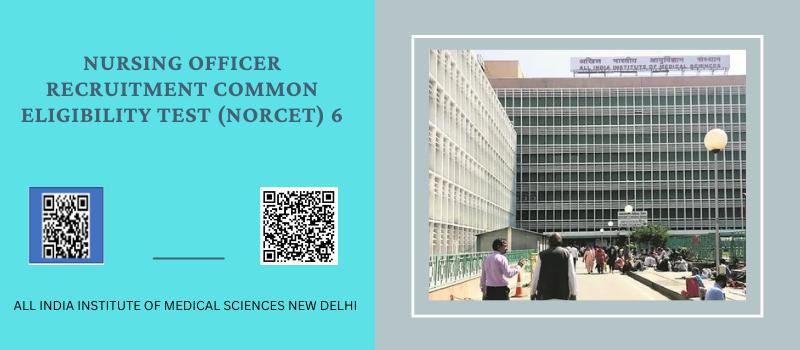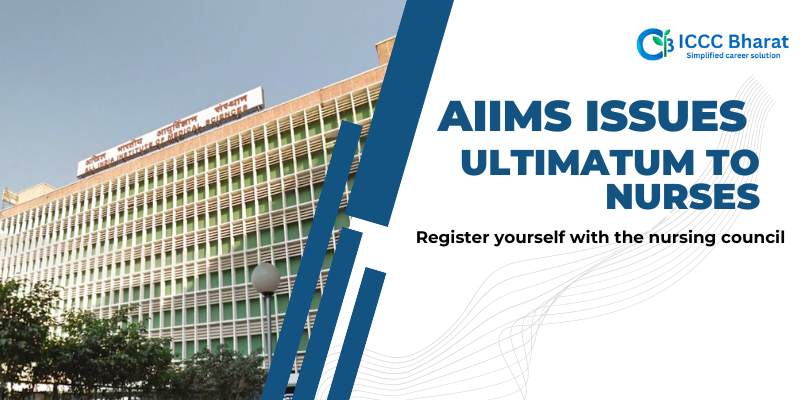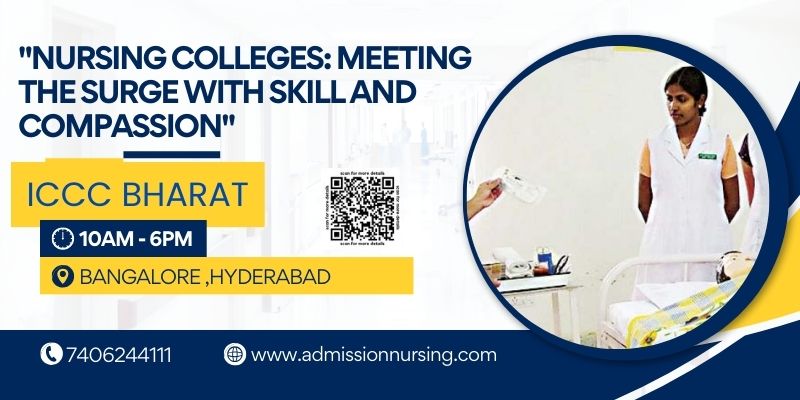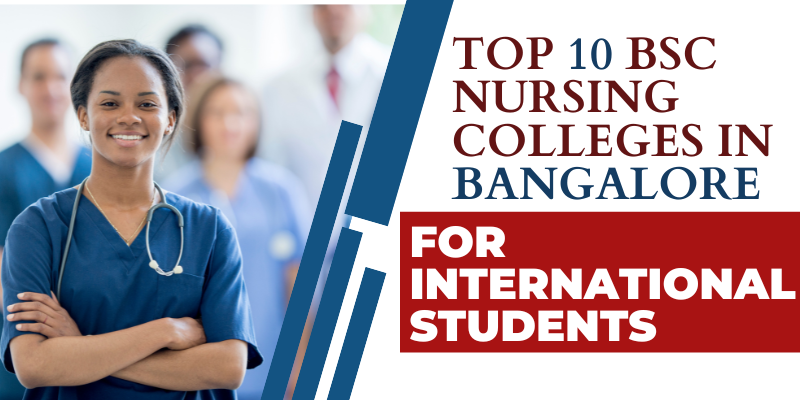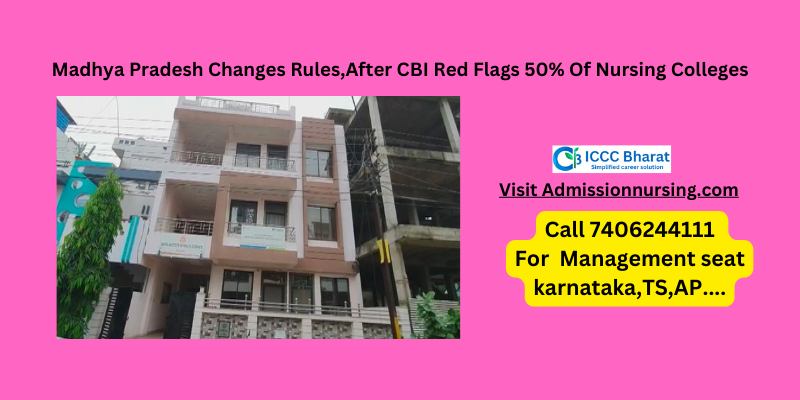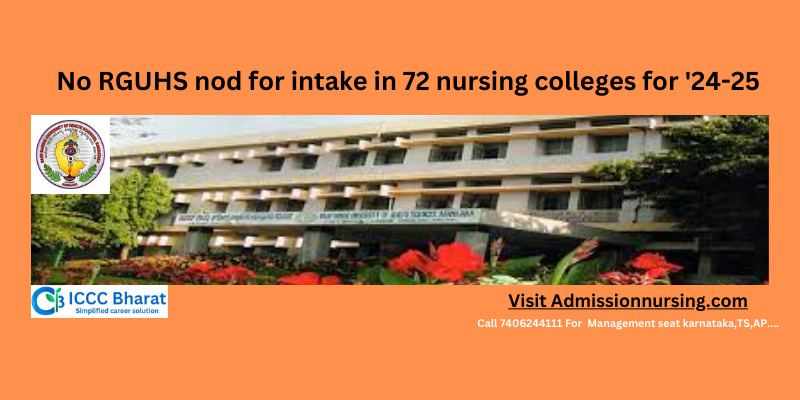Are you passionate about nursing and seeking a fulfilling career opportunity? The All India Institute of Medical Sciences (AIIMS) has opened the doors to exciting nursing officer positions through the Nursing Officer Recruitment Common Eligibility Test (NORCET)-6. This nationwide examination aims to recruit talented individuals for Nursing Officer posts at Level 07 in the Pay Matrix, offering a prestigious role in healthcare with competitive compensation.
What is NORCET-6?
NORCET-6, conducted by AIIMS, is a golden opportunity for aspiring nurses to secure positions in AIIMS New Delhi and other AIIMS institutes across the country. The examination is designed to assess candidates’ knowledge, skills, and aptitude, ensuring that only the most qualified individuals are selected for these crucial roles.
Online Application
Online Application is invited for the Nursing Officer Recruitment Common Eligibility Test (NORCET)-6 for the recruitment of Nursing Officer posts at Level 07 in the Pay Matrix pre-revised Pay Band-2 of Rs.9300-34800 with Grade Pay of Rs.4600/-, Group-B for AIIMS New Delhi and other AIIMS as per available vacancies in the respective Institutes
Direct link to apply online for AIIMS NORCET 6
Direct link to download the AIIMS NORCET Recruitment 2024 Notification
Age Limit:
- For all AIIMS: Between 18-30 Years. (As per detail on Age relaxation given in General Conditions subject to age Relaxation as per Recruitment rules of respective Institutes/Hospitals.)
- Age shall be counted on the last date of closing of the application form.
| Eligibility Criteria for appearing in NORCET | |
| Essential Qualification | |
| I | B.Sc. (Hons.) Nursing / B.Sc. Nursing from an Indian Nursing Council/state Nursing council recognized Institute or University OR B.Sc. (Post-Certificate) / Post-Basic B.Sc. Nursing from an Indian Nursing Council/State Nursing council recognized Institute/ University. Registered as Nurses & Midwife with State / Indian Nursing Council |
| OR | |
| II | Diploma in General Nursing Midwifery from an Indian Nursing Council/State Nursing council recognized Institute / Board or Council Registered as Nurses & Midwife in State / Indian Nursing Council. Two Years’ Experience in a minimum 50 bedded Hospital after acquiring the educational qualification mentioned above as applicable for all Participating AIIMS. Remarks – The required two years of experience as in above is an essential criterion, and to be valid, the experience shall be acquired after obtaining Essential Qualification, i.e. after completing the residency period of the course, declaration of result & registration with the State/Indian Nursing Council. |
APPLICATION FEES:
- General/OBC Candidates – Rs.3000/- (Rupees Three Thousand only)
- SC/ST Candidates/EWS – Rs.2400/- (Rupees Twenty-Four Hundred only)
- Persons with Disabilities – Exempted
- -The candidate can pay the prescribed application fee through DEBIT CARD/CREDIT CARD/ NETBANKING. Transaction / Processing fee, if any, as applicable, will be payable to the bank by the candidate.
- –Application fee, once remitted, shall not be refunded under any circumstances.
- -Applications without the prescribed fee would not be considered and summarily rejected.
- –Application Fees of SC/ST candidates who appear in the Examination will be refunded after the declaration of results in due course of time after verification SC/ST certificate to be uploaded at a later stage.
Examination Date:
Online (CBT) for Stage I: NORCET Preliminary, Date: 14th April, 2024 (Sunday),
Online (CBT) for Stage II : NORCET Mains, Date: 5th May, 2024 (Sunday)
Enquiries relating to NORCET – 6 shall be made through Mypage under “RAISE A QUERY”
Toll-Free Number 1800117898
(Timings 10:00 AM to 05:00 PM – Monday to Friday &
10.00 AM to 1.00 PM – Saturday)
